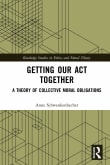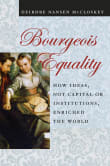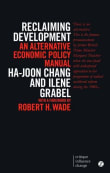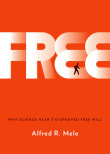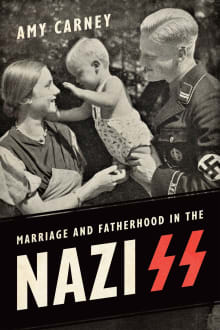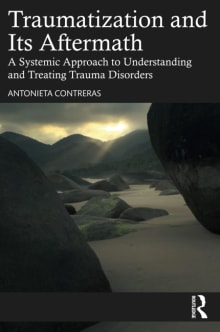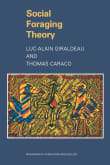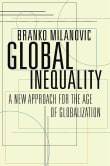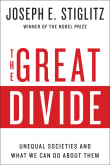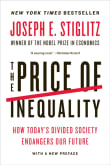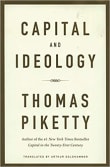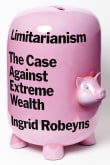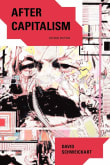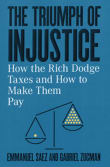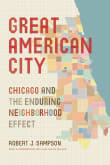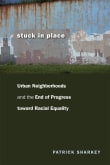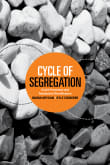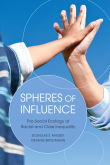The Origins of Unfairness
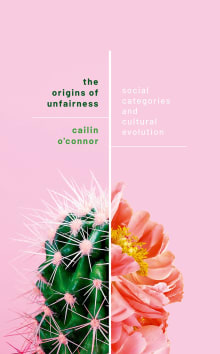
Book description
In almost every human society some people get more and others get less. Why is inequity the rule in these societies? In The Origins of Unfairness, philosopher Cailin O'Connor firstly considers how groups are divided into social categories, like gender, race, and religion, to address this question. She uses the…
Why read it?
2 authors picked The Origins of Unfairness as one of their favorite books. Why do they recommend it?

In 2016 I went to a conference in Leuven, Belgium, on computational approaches to understanding science. There I presented a model showing how selection for productivity (good old “publish or perish”) could, over time, degrade the quality of methods used by scientists.
I also met Cailin O’Connor, a philosopher and game theorist who was also studying science with formal models, with a focus on equity, or lack thereof. In this terrific book, Cailin uses game theory and evolutionary dynamics to consider how some social institutions lead to entrenched inequality among people or social classes, as well as how one might…
From Paul's list on (human) behavior that reward working through the math.

O’Connor’s Origins of Unfairness uses game theory to provide “how possibly” models for how systemic discrimination and unfair conventions arise. Game theory offers a powerful tool for Realpolitik analysis, which is analyzing states of affairs that reflect agents’ material interests coupled with their power to realize them. Populations with two groups will likely end up in asymmetric conventions as divisions of labor result, and the sharing of rewards is unequal. Grasping the implications of this analysis is crucial for those seeking to go beyond the entrenched interests governing neoliberal political economy. O’Connor provides some remedies in her final chapter, and…
From S.M.'s list on to move beyond neoliberalism.
If you love The Origins of Unfairness...
Want books like The Origins of Unfairness?
Our community of 12,000+ authors has personally recommended 100 books like The Origins of Unfairness.


